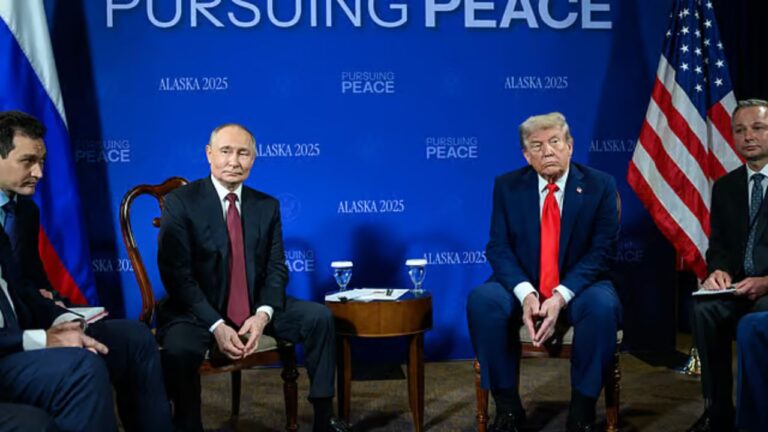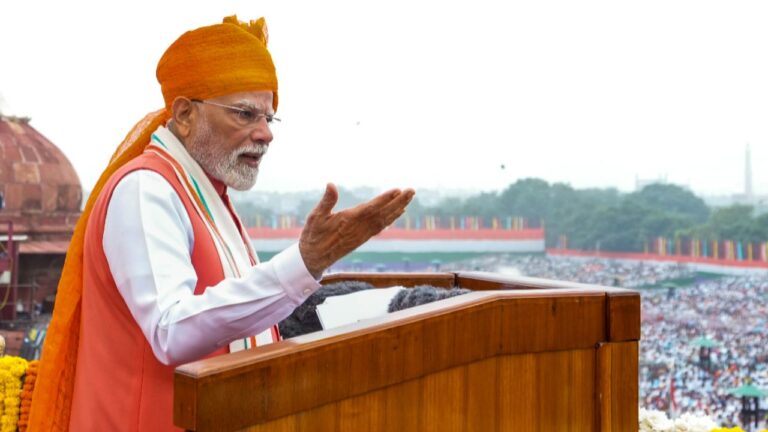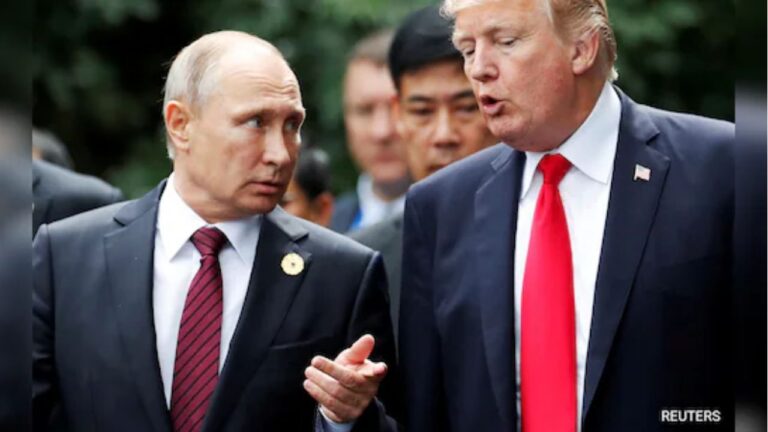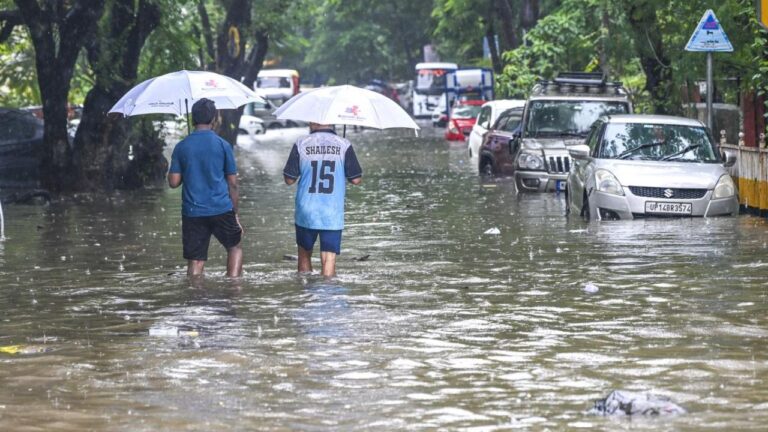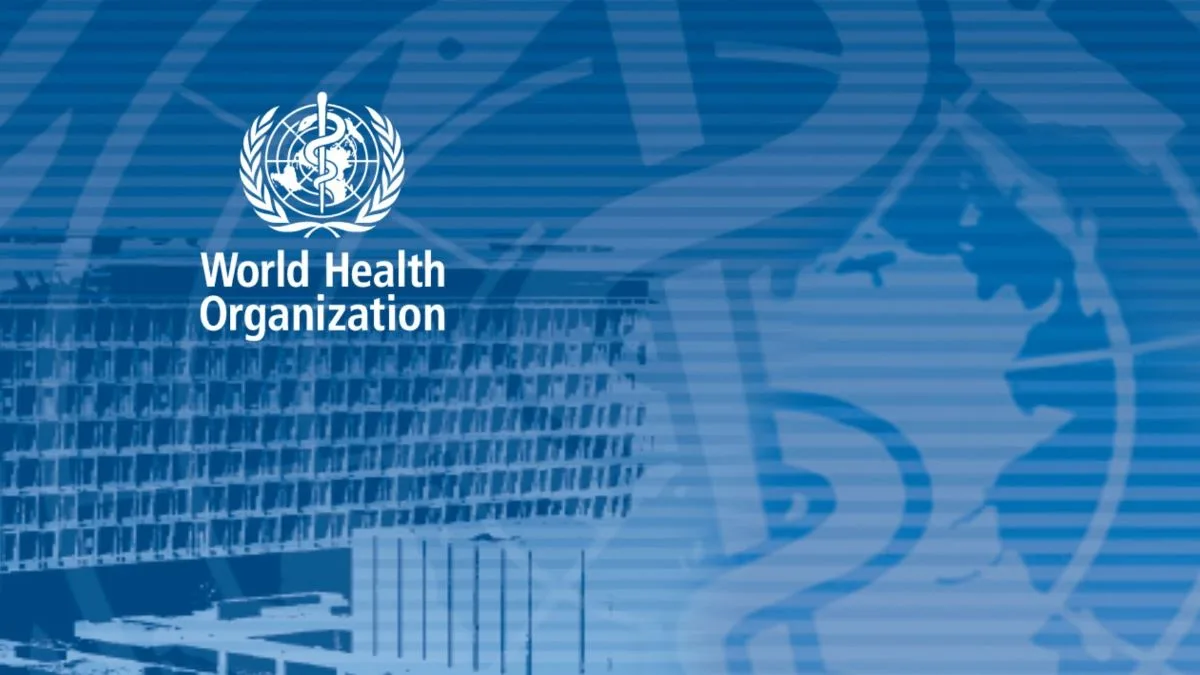
WHO Releases "Gujarat Declaration" Following First Traditional Medicine Global Summit
The World Health Organization (WHO) has unveiled the “Gujarat Declaration,” a landmark outcome document, following the inaugural WHO Traditional Medicine Global Summit 2023. The declaration reaffirms global commitments to indigenous knowledge, biodiversity, and traditional, complementary, and integrative medicine.
WHO emphasizes the need for rigorous scientific methods to better understand, assess, and, when appropriate, implement holistic, context-specific, complex, and personalized health approaches for the benefit of all. India, as the host of the WHO Global Traditional Medicine Centre in Jamnagar, Gujarat, plays a pivotal role in enhancing WHO’s capacity to support member states and stakeholders in advancing the summit’s action agenda and other relevant priorities.
The two-day WHO Traditional Medicine Global Summit 2023, held in Gandhinagar, Gujarat, generated action points based on evidence, discussions, and outcomes presented at the event. Deliberations covered a wide array of topics, including health and well-being, research and evidence, universal health coverage, primary healthcare and health systems, data and routine information systems, digital health innovations, biodiversity and sustainability, human rights, equity, and ethics.
Union Minister of Ayush, Sarbananda Sonowal, stated, “The Gujarat Declaration is a testament to our Prime Minister Narendra Modi’s commitment to promote our ancient knowledge of Traditional Medicine systems. Through collaborative efforts and sustainable practices, we can ensure a healthier future for generations to come.”
During the WHO Traditional Medicine Global Summit, Dr. Tedros Adhanom Ghebreyesus, Director-General of the World Health Organization, noted that the “Gujarat Declaration” would serve as a catalyst to harness the potential of traditional medicine through a scientific lens. It will focus on integrating traditional medicines into national health systems and unlocking the power of traditional medicine.
The “Gujarat Declaration” underscores the need to scale up evidence-based Traditional Complementary Integrative Medicine (TCIM) interventions and approaches to support the goal of universal health coverage (UHC) and the health-related Sustainable Development Goals (SDGs). It emphasizes the role of multi-regional, multi-disciplinary, and multi-stakeholder collaborations, exemplified by the WHO Global Centre for Traditional Medicine (GCTM), to maximize the evidence-based benefits of TCIM in global health.
Key points of the declaration include supporting evidence-based integration in national health policies and systems, accelerating the production, regulation, and formal utilization of scientifically proven TCIM products and practices, promoting standardized TCIM documentation, and establishing a global network of TCIM reference clinical centers for standardized data collection and monitoring using WHO ICD-11 coding.
A highlight of the summit was the discussion on enabling the appropriate development and application of digital health technologies, with a particular focus on artificial intelligence (AI), to advance digital health resources for TCIM in the interest of people’s health and well-being.
The declaration also emphasizes the importance of actions at all levels to protect and sustainably manage biodiversity, ensure equitable sharing of benefits from biodiversity resources, respect the rights of Indigenous Peoples as outlined in the UN Declaration on the Rights of Indigenous Peoples, and incorporate ethical practices in TCIM research and practice.
The First Global Summit on Traditional Medicine was jointly organized by the World Health Organization (WHO) and co-hosted by the Ministry of Ayush. The event took place from August 17-18, 2023, in Gandhinagar, Gujarat, marking a significant step forward in the integration of traditional medicine into global healthcare strategies.
